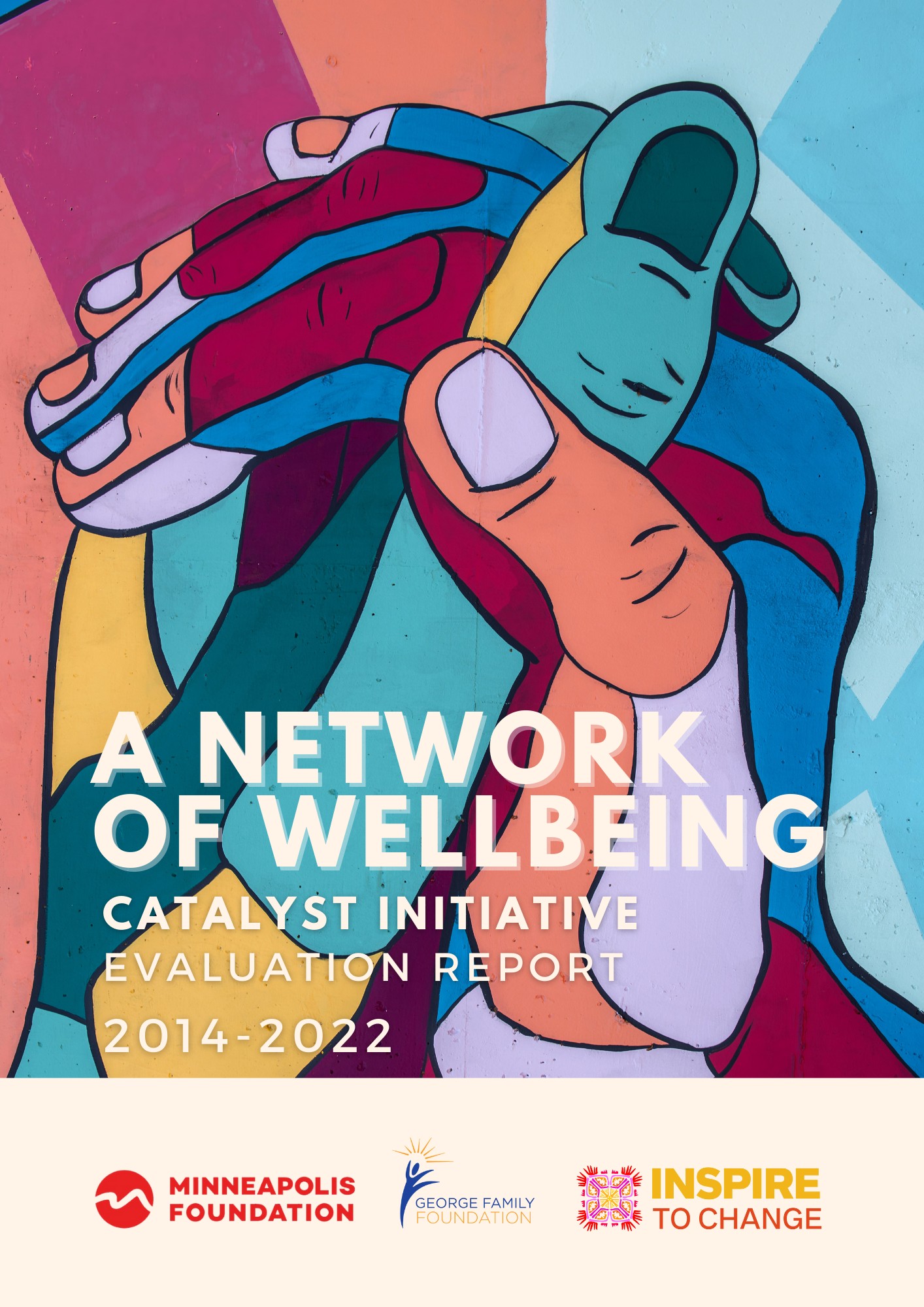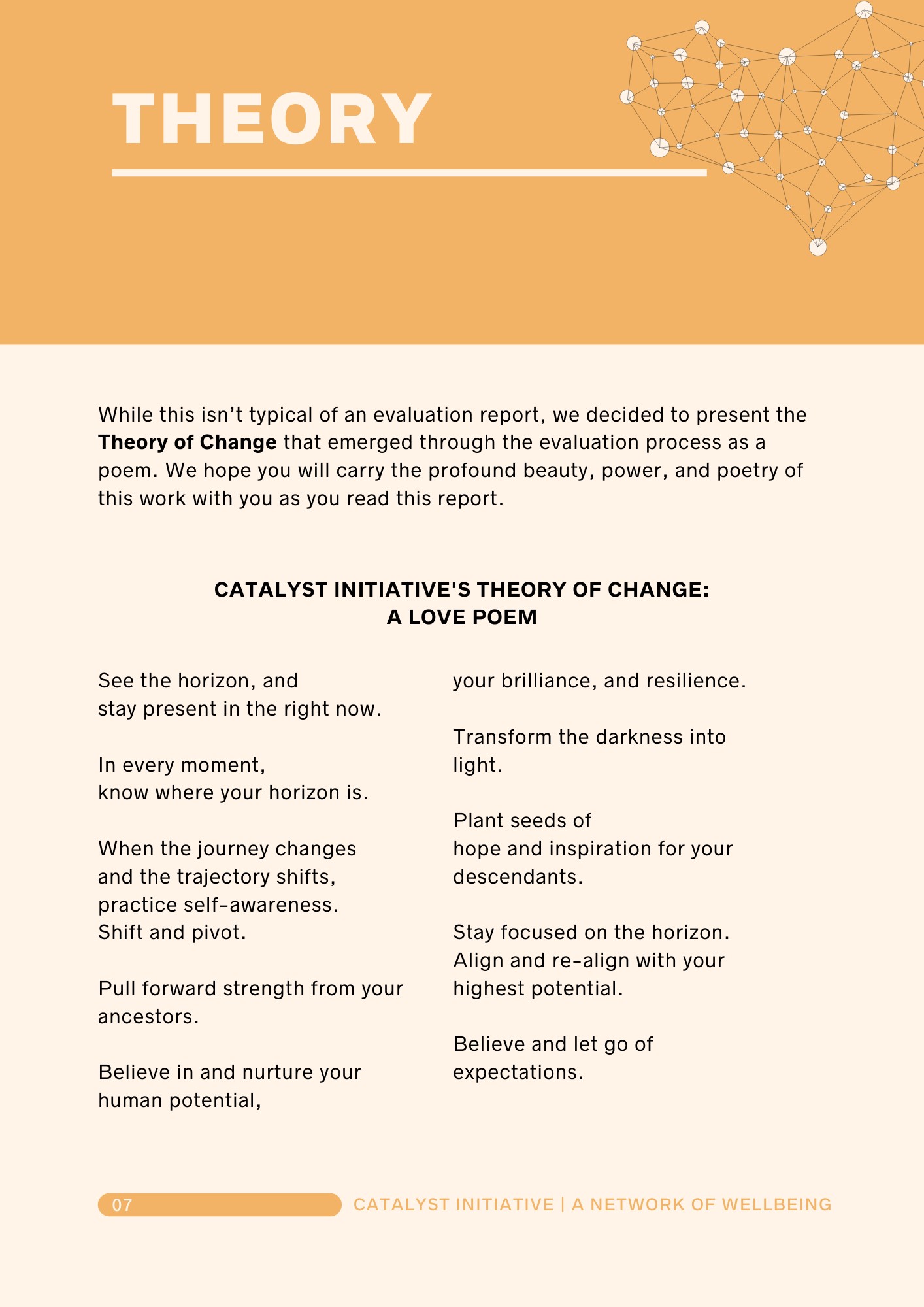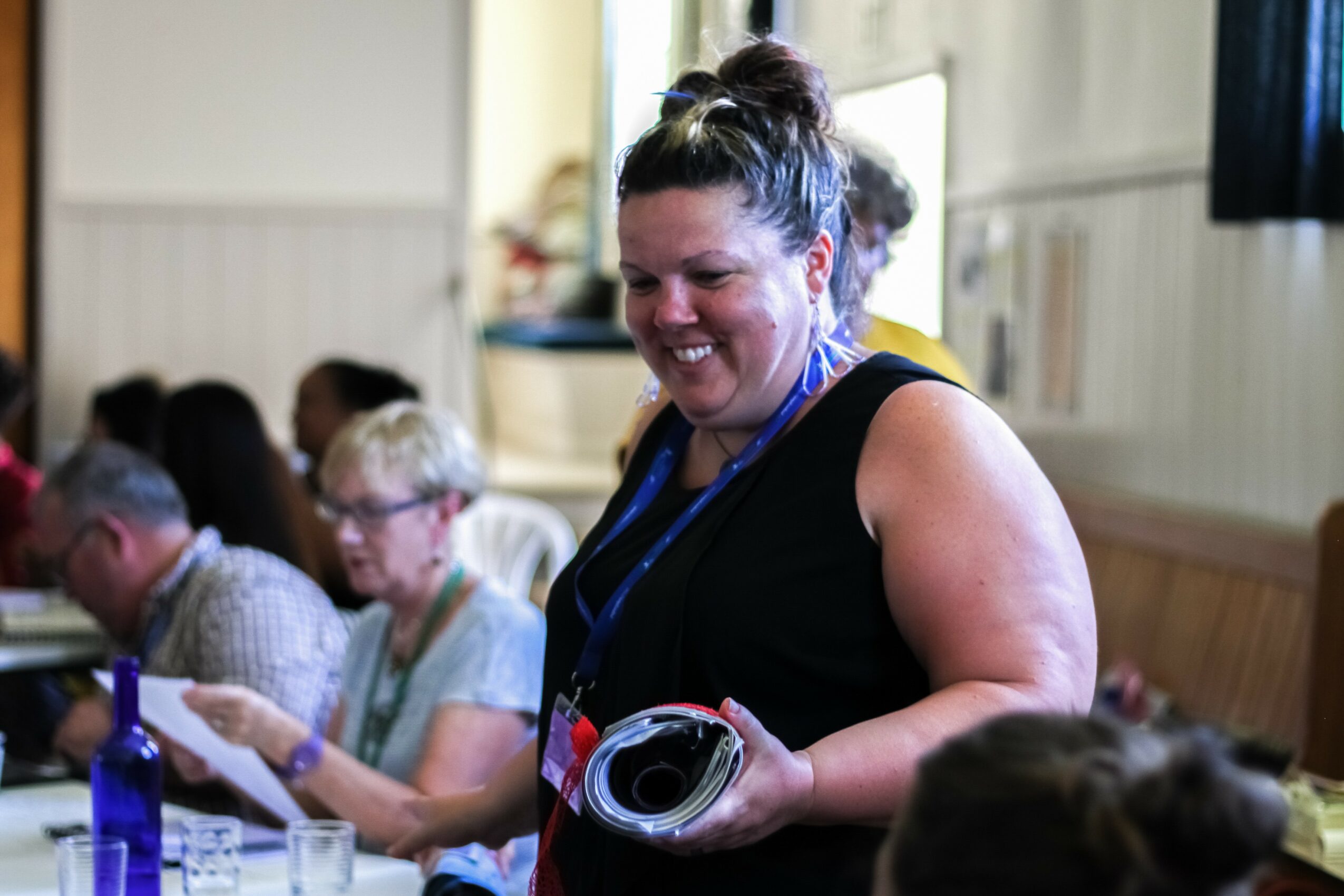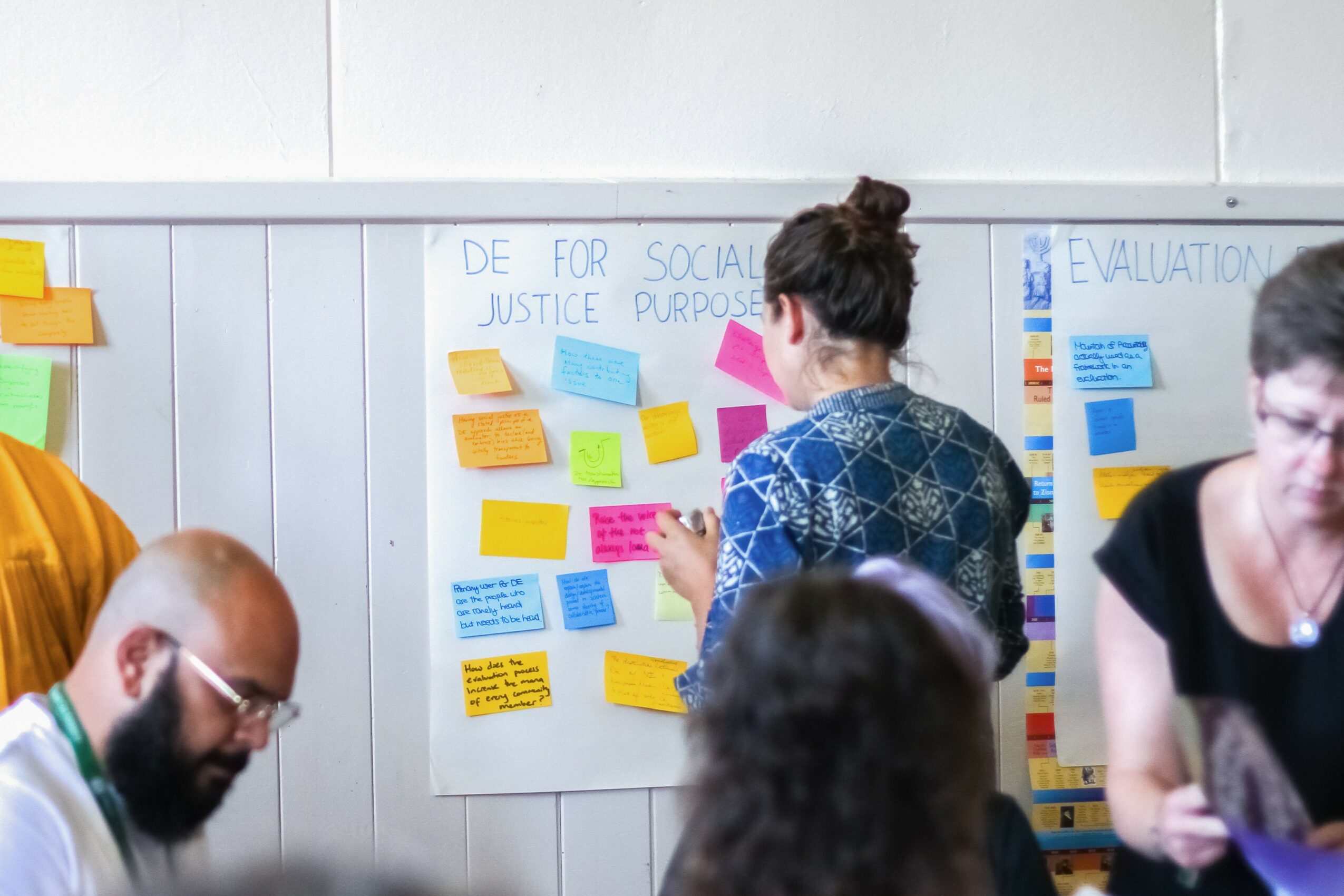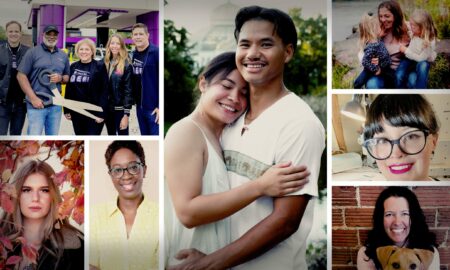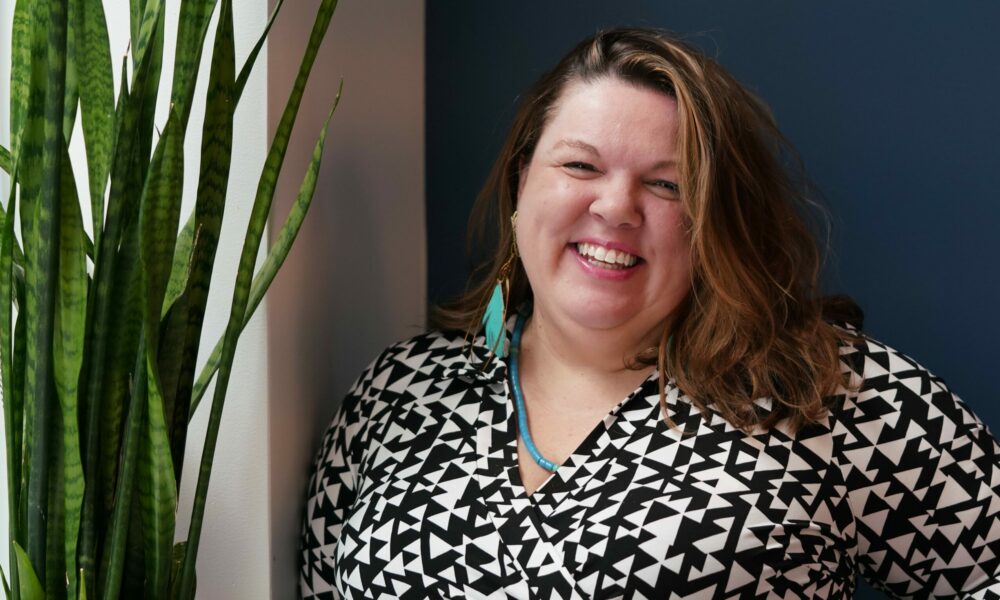

Today we’d like to introduce you to Nora Murphy Johnson.
Hi Nora, thanks for joining us today. We’d love for you to start by introducing yourself.
Growing up in New Hampshire instilled a love for the serene and the simple. My academic journey took me from Tufts University to Earlham College. I initially chose Tufts for its prestige and academic rigor, but it needed more value for the money. Large lectures, impersonal labs run by teaching assistants, and a hyper-competitive environment pushed me to reassess my priorities. It wasn’t just the competition but the culture of grading on a curve, fostering an atmosphere where students were reluctant to help one another for fear of jeopardizing their standing. While I am competitive, this competitive spirit was amplifying aspects of my character in unhealthy ways. Leaving Tufts, I found my way to Earlham College, which could not have been more different. Immersed in its Quaker traditions, prioritizing community and spirituality, I was compelled to reevaluate my skepticism towards religion. Earlham demonstrated that an environment steeped in faith could nurture free thought, particularly within the embracing Quaker community. At the time, I was unaware of the profound impact Earlham’s mission—centered on respect, integrity, peace, simplicity, and community—would have on me, nor how it aimed to shape its students into catalysts for positive change in an evolving world. As my story unfolds, the profound influence of these principles becomes unmistakably evident.
After graduating with a major in education and a minor in biology, I returned to New Hampshire, driven by a desire to connect with my younger brother during his formative years. I taught in one of the state’s poorest school districts, an experience that was both eye-opening and heart-wrenching as I watched the school struggle and eventually close due to financial constraints. This experience ingrained in me a profound understanding of the struggles of rural communities that are often overlooked in the face of global progress. This community faced a sense of isolation and disconnection from the world around them, which amplified and intensified challenges in all communities.
My journey led me to a summer camp in West Virginia, working with youth from Washington, DC. This experience reignited my passion for teaching and led me to a high school in DC, where I taught math and science. The job was fulfilling, but the bell schedule and the emotional toll of absorbing the students’ trauma eventually overwhelmed me, prompting a move to the Berkshire Mountains in Massachusetts to coordinate an AmeriCorps program. Though not a perfect fit, this role introduced me to the Student Conservation Association (SCA), marking the beginning of a fulfilling chapter in Pittsburgh, Pennsylvania. There, I thrived in the startup environment, building the regional office from the ground up.
Engaging with individuals in these diverse environments highlighted a recurring truth: wherever there are people–from rural to urban–there exist people experiencing neglect, abandonment, or invisibility, often due to factors they have no control over. This realization fueled my commitment to making a difference in the lives of people who want to improve the world, driving me to seek innovative ways to support and empower them.
This commitment initially drew me into the world of program evaluation. I naively believed that programming was the way to a better world and thought that evaluation was one way I could have an impact–by helping people have the most potent programming possible. This belief led me to pursue a master’s in research methods at the University of Pittsburgh. However, while this direction seemed aligned with my skills and interests, my experience as the director of assessment and evaluation at a charter school network in Chicago revealed the limitations of data-driven decision-making and personal challenges, including being a single mom to two young boys. My son’s chronic illness and the untenable cost of living in Chicago led me to Minnesota, supported by the incredible generosity of family, particularly my sister and brother-in-law, who provided me with housing. At the same time, I could not do so for myself and my sons. I embarked on a Ph.D. journey in MN, drawn not only by the academic pursuit but also by the practical benefits it afforded—flexibility in my schedule, childcare for my sons, health insurance, access to student loans, and employment opportunities for graduate students. Despite my continued disillusionment with the field of evaluation, both as a practice and profession, my immediate need for pragmatism guided my decisions, compelling me to prioritize the well-being and future of my family above all else.
There, amidst profound personal loss and disillusionment with traditional evaluation methods, I discovered developmental evaluation—a paradigm that resonated deeply with my beliefs and experiences. Developmental evaluation is an approach that supports innovation within programs by using real-time feedback to adapt and adjust strategies in complex, dynamic environments. Finally, I found a way to practice evaluation that met the world as it is and aligned with my values. I worked on my dissertation with Michael Quinn Patton, the founder of Developmental Evaluation and a leader in the field. My dissertation, a principles-focused developmental evaluation, was the first of its kind.
This work laid the foundation for TerraLuna Collaborative, a consultancy I co-founded to practice and promote principles-focused developmental evaluation. I am proud of what we built and what we did together. Yet, as my spiritual journey evolved, I recognized a calling that transcended evaluation. My focus shifted towards supporting changemakers aligned with their soul’s purpose, integrating inquiry, well-being, and reflection into their transformative work. I eventually left TerraLuna, bringing me to my role as President and CEO of Inspire to Change, a company I co-founded and co-own with my husband, A. Rafael Johnson.
It wasn’t obstacle-free, but would you say the journey has been fairly smooth so far?
The struggles I’ve encountered have been deeply personal and profoundly transformative. Initially, the most significant challenge was discovering my sense of purpose. For years, I found myself drifting from one opportunity to the next, enjoying aspects of each but never fully understanding how these experiences aligned with my life’s work. While rich in diversity, this exploration period often left me feeling directionless and unfulfilled. The realization that we each have a responsibility to utilize our gifts fully and live out our potential became my guiding belief. However, reaching this understanding was a journey marked by periods of uncertainty, anxiety, and depression. Without a clear sense of purpose, life seemed to lack significance, and I struggled to commit fully to life and the path I was on.
The loss of my son when he was just four and a half years old was a pivotal and devastating moment. It shattered me in ways I could never have anticipated, pushing me to the brink of what I could endure. Yet, this unimaginable loss provided a clarity I had previously lacked. In the depths of my grief, I found a connection to something greater—a spiritual dimension that offered solace and a sense of belonging to a larger, sacred whole. This experience, as painful as it was, became a catalyst for healing and purpose. My younger son became my anchor, the reason I found the strength to continue and rebuild my life with newfound meaning.
Forging my path has brought its own set of challenges. Pursuing a non-traditional career, especially one I was carving out for myself, introduced uncertainty into my life. Financial instability, the unpredictability of success, and the occasional lack of understanding from others are constant companions. Even those closest to me sometimes struggle to navigate the unpredictability and risk inherent in my chosen path.
My journey has been profound growth and learning despite or perhaps because of these challenges. The struggles I faced forced me to confront my deepest fears and insecurities, but they also led me to discover my resilience, my purpose, and a deeper connection to the world around me. This journey has taught me that healing, purpose, and fulfillment can emerge from the most unlikely and painful experiences. It’s a testament to the power of facing life’s challenges with humility, conviction, and an open heart.
Let’s switch gears a bit and talk business. What should we know?
Everything I’ve experienced and learned, my heart, and my soul are poured into my current company, Inspire to Change. At Inspire to Change, we are committed to empowering changemakers to center inquiry and well-being into their endeavors for a more whole, beautiful, and just world. Our mission and vision are anchored in believing that change is possible but imperative, guided by Be & Become, Remember & Create, Learn & Unlearn, and Disrupt & Liberate principles. These principles are not just words to us; they are the foundation of everything we do, defining our unique approach in a crowded landscape of change-oriented organizations.
At the heart of our work are four distinct focus areas that set us apart:
- Facilitating Change: Changemaker Roles. We’ve identified twenty-two essential roles within societal dynamics, providing a roadmap for individuals to discover and fulfill their natural roles effectively. This concept fosters well-being and collaboration, making it a cornerstone of our approach.
- Aligning in Complexity: Tree of Alignment. Our innovative framework comprises eight interdependent levels to guide the creation and evaluation of collaborative strategies within complex ecosystems. It simplifies the complexity of change, making our strategy accessible and impactful.
- Restoring Connecting: Restorative Practices for Generative Engagement. We champion constructive conflict navigation, transforming potential disagreements into healthy, generative discussion opportunities. This approach is integral to building and maintaining dynamic, supportive communities.
- Centering Inquiry: Research and Evaluation. Understanding the need for evidence-informed approaches, we focus on gathering and analyzing data to inform and shape effective change strategies without losing sight of people’s humanity. Our commitment to research ensures that our actions are grounded in reality and capable of producing meaningful results.
Our work is based on a profound understanding of the human experience, acknowledging that people are multifaceted beings deeply embedded in complex social networks. We recognize the importance of relationships in fostering individual and community health and are committed to addressing systemic inequalities through adaptive and layered strategies. Art is a powerful tool for expressing and exploring human emotions and ideas, capable of inspiring significant change. Our offerings or services and the principles we stand by are designed to support changemakers in their quest to create a better world, making us a unique partner in the journey toward social transformation.
- Cohorts: Our cohort learning approach is a dynamic, collaborative experience that significantly contributes to personal and professional development. We value the cohort model for cultivating a strong sense of community, fostering engagement and a shared sense of belonging. Members from diverse backgrounds enrich discussions with varied perspectives, enhancing the learning experience. This model thrives on mutual accountability and the practical application of theoretical concepts, making our approach to cohort learning uniquely impactful.
- Coaching: Our coaching services transcend traditional performance improvement, focusing on purpose-driven navigation and self-discovery. We foster self-awareness, inner wholeness, and emotional intelligence to integrate personal well-being with professional endeavors. Whether through individual, group, or team coaching, our approach inspires holistic personal and organizational growth, reflecting our vision of more whole, beautiful, and liberated realities.
- Consulting: As consultants, we wear many hats—coach, cheerleader, critical friend, co-conspirator, and thought partner, among others. Our consulting services are grounded in our focus areas, employing our unique ‘Tree of Alignment’ framework to design and evaluate transformative initiatives. We integrate restorative practices to foster environments conducive to learning and growth, ensuring our consulting engagements are comprehensive, coherent, and impactful.
This innovative body of work we’ve embarked on with Inspire to Change is novel and groundbreaking. The enthusiasm and growth we’ve witnessed since our inception, which coincidentally occurred just months before the global pandemic, have been remarkable. This steady ascent, albeit gradual, underscores a universal yearning for the unique blend of transformation and connection we offer. Our reach has extended across state lines, national borders, and even the global stage, with clients from local communities to international platforms. I’ve had the honor of presenting at the United Nations, an experience that underscores the global relevance of our work. Remarkably, all of this has been achieved without leveraging a marketing budget. This fact alone speaks volumes about the intrinsic demand and deep-seated hunger for this type of work. It’s clear that there exists a widespread desire for profound change and genuine connection, and Inspire to Change is at the forefront of meeting this need.
Is there anyone you’d like to thank or give credit to?
First, always is my family. Within my family, I want to lift Emily Murphy Bicking (my sister) and Ian Bicking (brother-in-law). They gave me and my boys housing when I didn’t know what to do. We are still neighbors in Powderhorn twelve years later. They taught me what it means to love and support — just because — without strings or expectations attached.
A. Rafael Johnson, my husband and a novelist, helped me bring my work to the next level by showing me how, as the former community hub, Intermedia Arts, used to say, “Art changes everything.” He’s opened new creative doors for me and supported me as I follow them and the inspiration they bring.
Jean A. King, now retired, was a Distinguished Teaching Professor in the Department of Organizational Leadership, Policy, and Development at the University of Minnesota. She was the founding director of the Center for Applied Research and Educational Improvement (CAREI) in the College of Education and Human Development, a position she held for four years before working collaboratively to revitalize the Evaluation Studies program in the College. Jean is more than a professor to me. She was a cheerleader, a caretaker, and a friend. She taught me that we could choose how to show up for each other, even when working within restrictive hierarchies that want us to believe differently.
Dr. Michael Quinn Patton has authored numerous books on evaluation, including Blue Marble Evaluation (2019), Principles-Focused Evaluation (2018), Facilitating Evaluation (2018), Developmental Evaluation (2010), and Utilization-Focused Evaluation (2008). He has also edited or contributed articles to numerous books and journals, including several volumes of New Directions in Program Evaluation, on subjects as diverse as culture and evaluation, how and why language matters, HIV/AIDS research and evaluation systems, extension methods, feminist evaluation, teaching using the case method, evaluating strategy, utilization of assessment, and valuing. His creative nonfiction book, Grand Canyon Celebration: A Father–Son Journey of Discovery, was a finalist for Minnesota Book of the Year. Michael is more than a mentor to me. He is also a cheerleader, a caretaker, and a friend. He taught me to believe that I have something to offer and to do so without letting self-doubt or perfectionism get in the way.
Pricing:
- Our online network is free to join: https://www.inspire-to-change.org/groups.
- We have a 9-week cohort experience starting on March 15th for $950. People can learn more here: https://www.inspire-to-change.org/cohorts.
- Coaching services start at $250/hour. Learn more about our consulting services here: https://www.inspire-to-change.org/coaching.
- Consulting contracts start at $10,000. Learn more about consulting here: https://www.inspire-to-change.org/consulting.
- Pricing for digital downloads and merchandise varies https://www.inspire-to-change.org/shop.
Contact Info:
- Website: https://www.inspire-to-change.org/
- Instagram: https://www.instagram.com/inspiretochange8
- Facebook: https://www.facebook.com/InspireToChang8/
- Linkedin: https://www.linkedin.com/company/inspiretochang8/
- Twitter: https://twitter.com/inspiretochang8
- Other: https://www.tiktok.com/@inspiretochang8/
